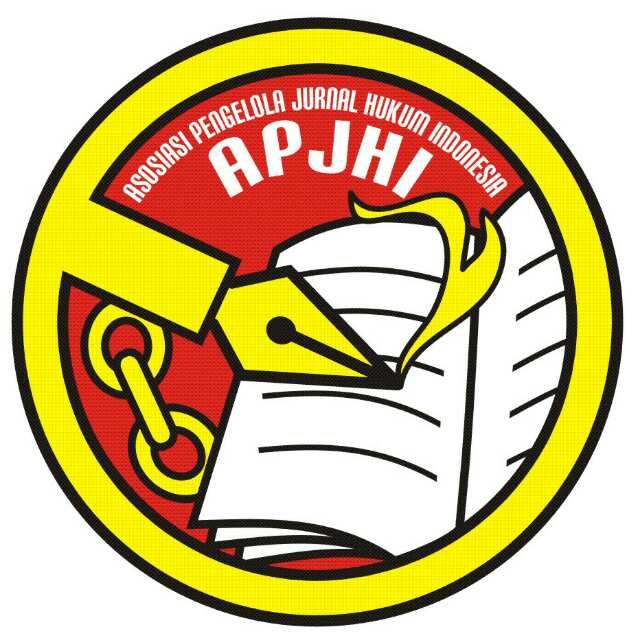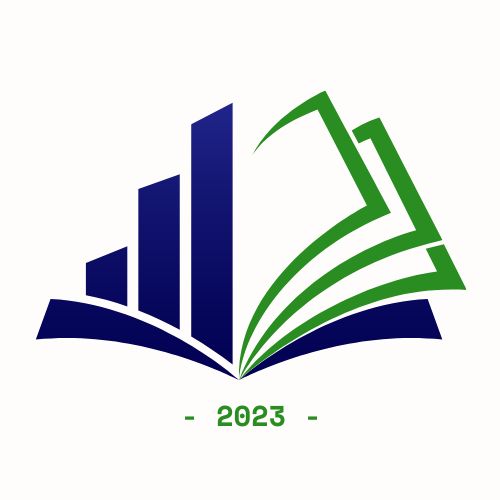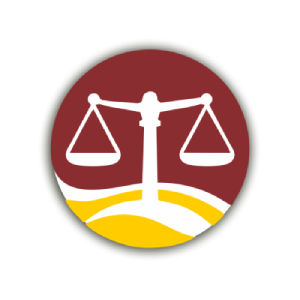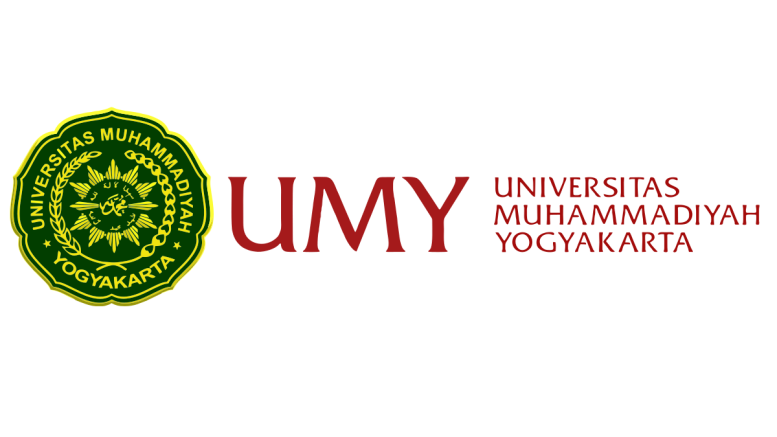Role of Land Deed Officials (PPAT) in Protecting the Rights of Parties in the Creation of Deeds of Sale and Purchase of Land Rights
DOI:
https://doi.org/10.33506/js.v11i3.4186Keywords:
PPAT , Land and Building Transactions, Certificate Transfer, Authentic Deed, Legal AuthorityAbstract
The aim of this study is to examine the role of land deed officials in sales and purchase transactions and the process of transferring ownership certificates, as well as to identify the obstacles encountered in practice.
This study uses a socio-legal approach with a qualitative descriptive method, combining positive law analysis and interviews with land deed officials. The study also highlights the authority and responsibilities of land deed officials, including their obligations before and after the deed is drawn up, as well as the professional ethics regulated by the professional organization Association of Land Deed Officials (PPAT).
The novelty of this research lies in its emphasis on the practical challenges faced by land deed officials in ensuring legal certainty in the sale and purchase of land and/or building rights, which has not been widely discussed in previous literature, especially regarding the mismatch between existing legal procedures and technical and administrative obstacles encountered in the field.
The results of the study indicate that land deed officials play a very important role in ensuring the smooth sale and transfer of certificates through several stages, such as providing information, checking the completeness of documents, verifying the validity of certificates, and registering with the National Land Agency (BPN). However, the obstacles often encountered are the many requirements that must be met, high costs, lengthy processes, and inadequate facilities and technology. Solutions to overcome these problems include providing guidance to the public, collaborating with professional organizations to review tax costs, and improving facilities and technology that support the process of deed and certificate transfer.
In concluded despite various challenges, the role of land deed officials remains crucial in maintaining legal certainty in the sale and purchase of land and/or building rights, with relevant solutions to simplify the process for the public.
References
Alfauzi, Ro’is, and Orien Effendi. “PEMBATASAN KEKUASAAN BERDASARKAN PAHAM KONSTITUSIONALISME DI NEGARA DEMOKRASI.” Politica: Jurnal Hukum Tata Negara Dan Politik Islam 7, no. 2 (December 30, 2020): 111–33. https://doi.org/10.32505/politica.v7i2.1990.
Anggraeni, Ricca. “MEMAKNAKAN FUNGSI UNDANG-UNDANG DASAR SECARA IDEAL DALAM PEMBENTUKAN UNDANG-UNDANG.” Masalah-Masalah Hukum 48, no. 3 (July 31, 2019): 283. https://doi.org/10.14710/mmh.48.3.2019.283-293.
Antari, Putu Eva Ditayani. “INTERPRETASI DEMOKRASI DALAM SISTEM MEKANIS TERBUKA PEMILIHAN UMUM DI INDONESIA.” Jurnal Panorama Hukum 3, no. 1 (July 5, 2018): 87–104. https://doi.org/10.21067/jph.v3i1.2359.
Asshiddiqie, Jimly. Pengantar Ilmu Hukum Tata Negara. 9th ed. Depok: PT RajaGrafindo Persada, 2017.
———. Perihal Undang-Undang. 4th ed. Depok: PT RajaGrafindo Persada, 2017.
Dedi, Agus. “Implementasi Prinsip-Prinsip Demokrasi Di Indonesia.” Jurnal Moderat 7, no. 1 (2021): 1–9. https://ojs.unigal.ac.id/index.php/modrat/article/view/2392/1832.
Firdinal, Ziffany. “Perubahan Makna Pasal 6A Ayat (2) UUD 1945.” Jurnal Konstitusi 10, no. 4 (May 20, 2016): 649. https://doi.org/10.31078/jk1045.
Fitriyani, Desi. “Menggagas Pembatasan Dipilihnya Kembali DPR, DPD, Dan DPRD Di Indonesia.” Jurnal Konstitusi & Demokrasi 3, no. 1 (2023): 40–57. https://doi.org/10.7454/JKD.v3i1.1303.
Hanadi, Syawaluddin. “Kewenangan Mahkamah Konstitusi Dalam Menafsir Undang-Undang Dasar Negara Republik Indonesia Tahun 1945.” Ekspose 16, no. 1 (2017): 349–60.
Indonesia, CNN. “Tiada Kans Jokoowi Jadi Wapres, Etika Jubir MK Dipertanyakan,” 2022.
Iswari, Fauzi. “APLIKASI KONSEP NEGARA HUKUM DAN DEMOKRASI DALAM PEMBENTUKAN UNDANG-UNDANG DI INDONESIA.” JCH (Jurnal Cendekia Hukum) 6, no. 1 (September 30, 2020): 127. https://doi.org/10.33760/jch.v6i1.285.
Juang Intan Pratiwi, Neneng Salama, and Siti Ulfah. “Pembatasan Masa Jabatan Presiden Di Indonesia.” Jurnal Rechten : Riset Hukum Dan Hak Asasi Manusia 3, no. 1 (April 21, 2021): 18–26. https://doi.org/10.52005/rechten.v3i1.23.
Julyano, Mario, and Aditya Yuli Sulistyawan. “PEMAHAMAN TERHADAP ASAS KEPASTIAN HUKUM MELALUI KONSTRUKSI PENALARAN POSITIVISME HUKUM.” CREPIDO 1, no. 1 (July 31, 2019): 13–22. https://doi.org/10.14710/crepido.1.1.13-22.
Jurdi, Fajlurrahman. Hukum Tata Negara Indonesia. Jakarta: Prenadamedia Group, 2019.
Liam, Tanto. “Penafsiran Konstitusi Pengujian Konstitusionalitas Undang-Undang Terhadap Undang-Undang Dasar 1945.” Jurnal Media Hukum 21, no. 1 (2014): 89–106. https://journal.umy.ac.id/index.php/jmh/article/view/1159.
Mahmuzar, -. “Model Negara Kesatuan Republik Indonesia Di Era Reformasi.” Jurnal Hukum & Pembangunan 50, no. 2 (2020): 302. https://doi.org/10.21143/jhp.vol50.no2.2590.
Meigel Rio M Lombo. “Fungsi Dewan Perwakilan Rakyat Dalam Penyelenggaraan Pemerintahan Setelah Amandemen UUD 1945.” Lex Et Societatis 4, no. 2 (2016): 47–54.
Muhammad, La ode, Ricard Zeldi Putra, Rizki Mustika Suhartono, and Jayanto Roman Haderi Samsir Andi Nasrin. “Peningkatan Pemahaman Masyarakat Desa Winning Berkaitan Dengan Kewenangan Pembentukan Undang-Undang.” Community … 4, no. 2 (2023): 4823–28. http://journal.universitaspahlawan.ac.id/index.php/cdj/article/view/16157%0A.
Natashya, Laurencia Cindy, and Rasji. “Perspektif Hukum Tata Negara Terhadap Pemikiran Jabatan Presiden Tiga Ditakutkan Menjadi Penyalahgunaan Wewenang.” INNOVATIVE: Journal Of Social Science Research 3, no. 3 (2023): 2832–45. https://j-innovative.org/index.php/Innovative.
Padli, Haris. “Pengaturan Masa Jabatan Presiden Suatu Upaya Menegakan Prinsip Konstitusionalisme Di Indonesia.” Kertha Semaya 9, no. 10 (2021): 1797. https://doi.org/10.24843/KS.2021.v09.i10.p06.
Rais, M. Tasbir. “Negara Hukum Indonesia: Gagasan Dan Penerapannya.” Jurnal Hukum Unsulbar 15, no. 2 (2022): 1–20. https://ojs.unsulbar.ac.id/index.php/j-law/article/view/1854.
Redi, Ahmad. Hukum Pembentukan Peraturan Perundang-Undangan. Jakarta: Sinar Grafika, 2018.
Remaja, Nyoman Gede. “Makna Hukum Dan Kepastian Hukum.” Kertha Widya: Jurnal Hukum 2, no. 1 (2014): 1–26. https://ejournal.unipas.ac.id/index.php/KW/article/view/426/351.
S, Maria Farida Indrati. Ilmu Perundang-Undangan 1 Jenis, Fungsi, Dan Materi Muatan. Yogyakarta: Kanisius, 2007.
Safaat, Muchamad Ali, Aan Eko Widiarto, and Fajar Laksono Suroso. “Pola Penafsiran Konstitusi Dalam Putusan Mahkamah Konstitusi Periode 2003 - 2008 Dan 2009 - 2013.” Jurnal Konstitusi 14, no. 2 (November 2, 2017): 234. https://doi.org/10.31078/jk1421.
Saputra, Dadin Eka. “Kedudukan Undang-Undang Dan Perppu Dalam Perspektif Penafsiran Hukum Tata Negara.” Khazanah: Jurnal Studi Islam Dan Humaniora 13, no. 1 (2015): 27–53. https://doi.org/10.18592/khazanah.v13i1.1703.
Sodikin. Hukum Pemilu: Pemilu Sebagai Praktik Ketatanegaraan. Bekasi: Gramata Publishing, 2014.
Suhaimi. “Problem Hukum Dan Pendekatan Dalam Penelitian Hukum Normatif.” Jurnal Yustitia 19, no. 2 (2018): 202–10. https://doi.org/10.53712/yustitia.v19i2.477.
Undang-Undang Nomor 7 Tahun 2017 tentang Pemilihan Umum (n.d.).
Wibowo, Mardian. “Menakar Konstitusionalitas Sebuah Kebijakan Hukum Terbuka Dalam Pengujian Undang-Undang.” Jurnal Konstitusi 12, no. 2 (2016): 196. https://doi.org/10.31078/jk1221.
Wutsqah, and Erham Urwatul. “Diskursus Pembatasan Kekuasaan Di Indonesia Dalam Perspektif Konstitusi Dan Konstitusionalisme.” Jurnal Citizenship Virtues 4, no. 2 (2024): 771–84. https://doi.org/10.33087/legalitas.v16i1.595.
Yani, Ahmad. “SISTEM PEMERINTAHAN INDONESIA: PENDEKATAN TEORI DAN PRAKTEK KONSTITUSI UNDANG-UNDANG DASAR 1945 (Indonesian Government System: Theory and Practice Approachesof 1945’ Constitution).” JIKH 12, no. 2 (2018): 119–35.
Zaini, Ah ad. “NEGARA HUKUM, DEMOKRASI, DAN HAM.” Al Qisthas: Jurnal Hukum Dan Politik 11, no. 1 (September 22, 2020): 13–48. https://doi.org/10.37035/alqisthas.v11i1.3312.
Downloads
Published
How to Cite
Issue
Section
License
Copyright (c) 2025 Kristi Warista Simanjuntak

This work is licensed under a Creative Commons Attribution-ShareAlike 4.0 International License.











